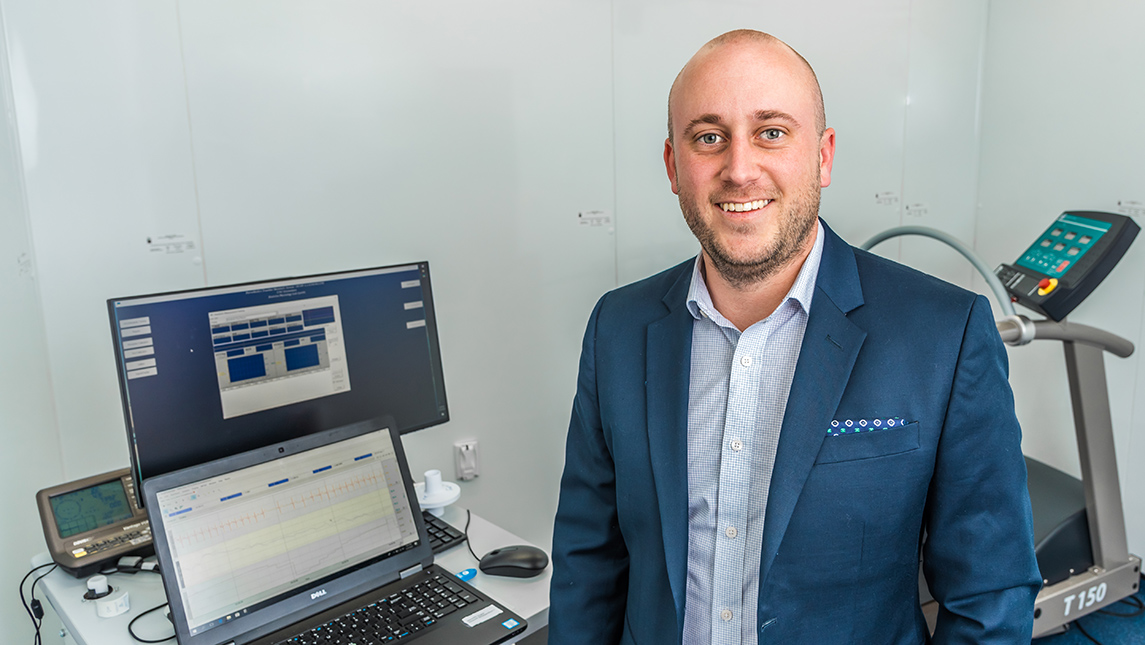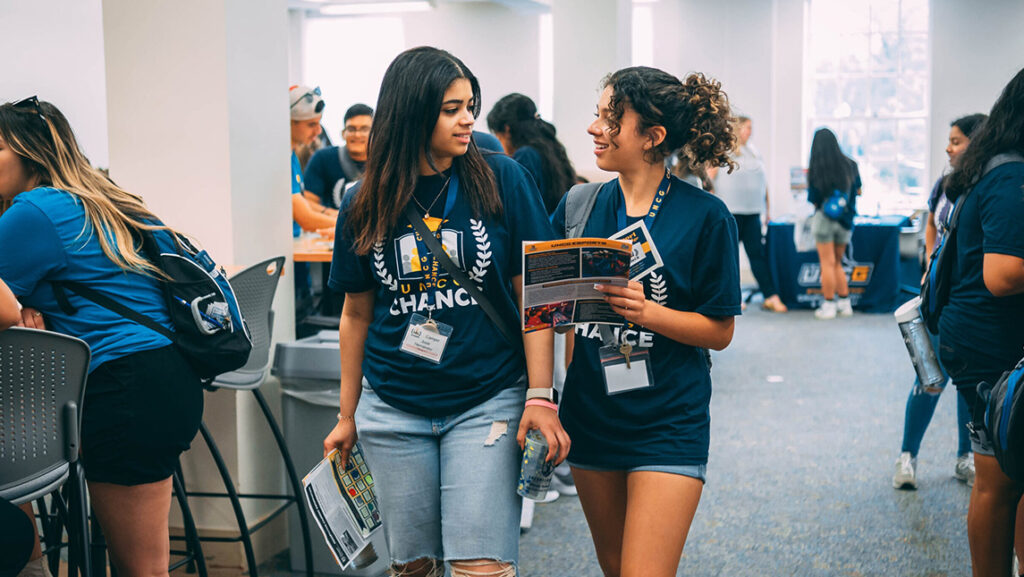
Drink more water.
It’s advice we hear frequently – from a parent, a doctor, or a coach.
We know hydration is important for our overall health and wellness. But how much should we be drinking? How does hydration impact health outcomes for certain groups of people? And how is the pandemic affecting our fluid intake?
| Adams offers these general tips to stay hydrated: |
| ✔ Men and women should aim to consume 85-135 ounces (roughly 10-17 8-ounce glasses) and 68-104 ounces (9-13 glasses) of water daily, respectively. |
| ✔ Carry a water bottle with you throughout the day (e.g., while running errands, on your desk at work, etc.) so that you have more opportunities to consume fluids. |
| ✔ Listen to your thirst: If you are thirsty, drink water. |
| ✔ Look at your urine color. If your urine is light colored (e.g., like lemonade or hay), then you are adequately hydrated. If it is dark colored (e.g., apple juice), you need to consume more fluid. |
These are the questions that drive Dr. William Adams’ research. Adams is assistant professor in the Dept. of Kinesiology and director of the master’s in athletic training program. Given his background in athletic training, Adams has focused much of his research on hydration in sport and physical activity. He’s published a number of journal articles on fluid needs for different athletes and how dehydration can result in cognitive and physical deficits on the court or on the field.
Most recently, he’s expanded his research to include college students in general – a group that has been understudied when it comes to hydration.
“A lot has been done with kids and adults, but not this population,” he explains.
In partnership with Dr. Laurie Wideman, a fellow professor in Kinesiology, Adams has been working on a UNCG-funded pilot study that explores the relationship between water intake and overall wellness of college-aged men and women. The study also examines racial and ethnic differences surrounding fluid intake for college students.
Adams was nearly finished with the study when the COVID-19 outbreak hit the United States. He hopes to complete the research later this year, when it is safer to return to campus. In a related pilot study he published in March 2020, Adams found that non-Hispanic black male and female college students were inadequately hydrated compared to their non-Hispanic white counterparts. He is hoping that the results from the current study will inform future work aimed at developing personalized approaches to adopting healthy behaviors to improve long-term health.
Adams is now working on a new project related to hydration and COVID-19. In partnership with colleagues Dr. Samantha Scarneo-Miller from the University of Connecticut and Dr. Cory Butts from Weber State University, Adams is examining how COVID-19 and the resulting stay-at-home orders affect college students’ fluid intake and physical activity behaviors. The research team recently finished its first round of data collection, with more than 1,100 college students across the country completing a survey. The plan is to follow up with these students in the fall to see if any of their behaviors have changed depending on the status of the area in which they live.
Why is hydration research so important?
“Water is an essential component for and is intimately involved in maintaining normal physiological function throughout the body,” Adams says. However, given that the “processes of total body water turnover and fluid regulation vary from person to person,” it can be difficult for individuals to ensure they’re drinking enough throughout the day.
Ultimately, through his research, Adams hopes to identify strategies to improve drinking behaviors for different populations.
“The ultimate goal of my research is to improve people’s health by reducing the risk of preventable diseases such as diabetes and obesity.”
Story by Alyssa Bedrosian, University Communications
Photography by Jiyoung Park, University Communications


